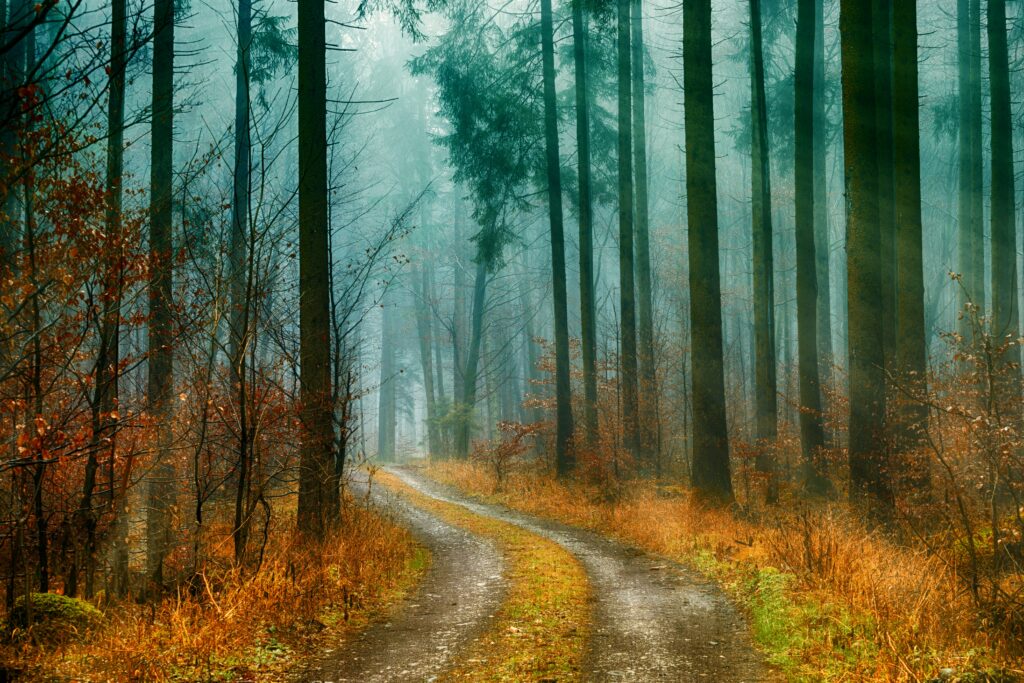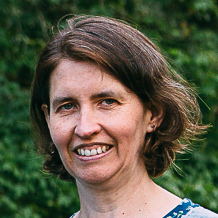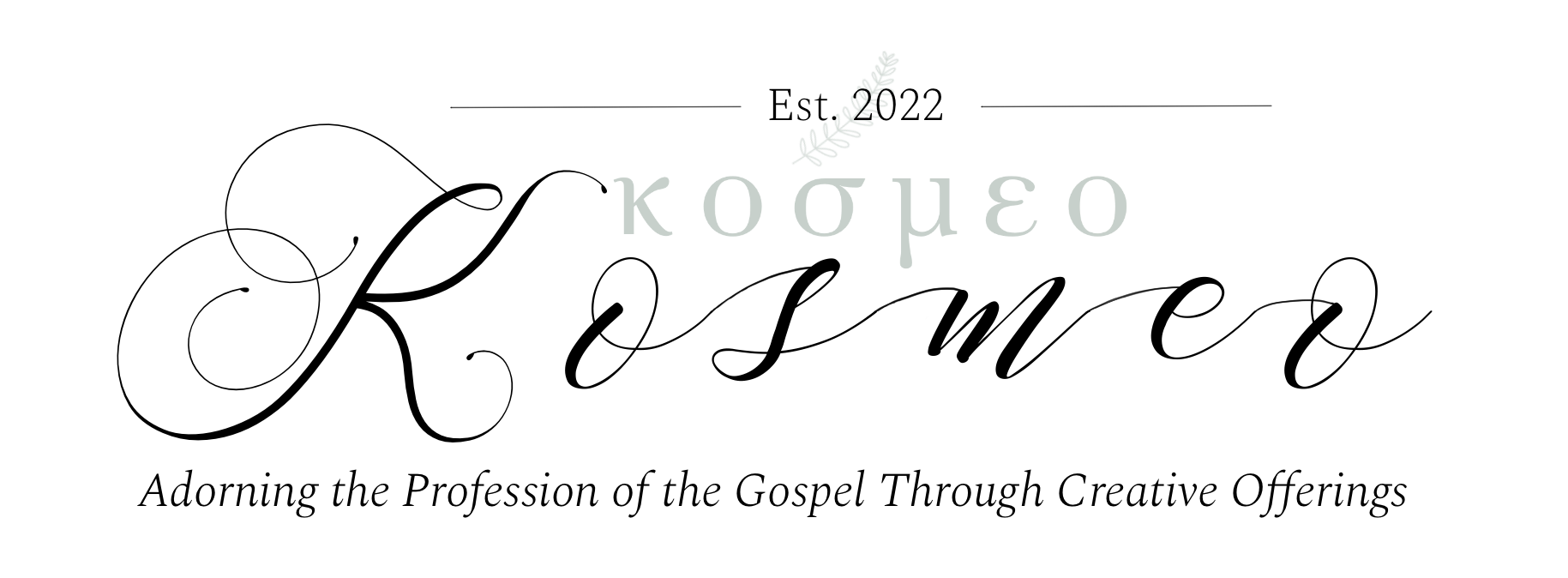By Lory Widmer Hess

What the Rich Young Man Said
He told me to sell everything,
give all to the poor, and follow him.
Yes, I turned away – but don’t harshly judge
the one who won’t let go.
It’s not that I can’t give up the things
I love to see and touch:
this silver cup I’ve had from childhood,
that tapestry of woven silk –
a gift from my dear mother –
or luxuries like roasted meat,
soft pillows, scented baths.
I could renounce all these and eat
the crusts thrown to the beggars
if it brought me endless life.
I’d call that a good bargain.
But what of all the other lives
that rest on mine, so interlaced
I can’t say where I end and they begin?
My loyal serving maids and men,
the tenant farmers who depend
on me as their kind master?
My sisters, too, who look to me
for guidance and support –
if I abandon them, what care
and understanding will they find
in this harsh world? I can’t
just leave them to pursue
a selfish dream of life.
I’d also miss how they care for me,
their voices, their laughter, their hands in mine,
the way we rejoice and mourn together,
our silent communion in which I can rest,
knowing myself to be known by them.
These human bonds are my treasure,
these relations are my wealth.
Without them I’ll be more than poor,
I’ll lose myself. For what am I
apart from all that links me to life?
Who am I, if not their kind master,
beloved brother, devoted friend?
If I loose these ties, what will be left?
Won’t I die, in truth, if I give up all this
and bind myself only to him?
And yet, that’s what he told me,
and I must listen, or be dead indeed.
At death, it’s true, all human ties
are broken, and we walk alone
into that unknown country
with nothing, no one,
No, not one.
By binding loved ones to myself,
valuing them as possessions, things,
objects to control and manage,
I’m killing something singular
in them, and in myself.
Yes, even caring bonds must break
if we are to know freedom.
Their value is not only for me.
I must set them free to value themselves,
to make their own ways, as I make mine,
and trust that our ways
will lead us all home
on the day of celebration.
So I will die before I die.
I will go into that dark cave
of my own separate body
to walk alone where no one else,
not even he, can enter.
And when my limbs grow cold and stiff,
no movement left, flesh limp as rags,
I will trust his way of loneliness
to lead me toward a greater love
than dead minds can conceive:
a family unbound by race or blood,
a kingdom where power does not rule,
a priesthood of all who offer their hearts —
our human future reborn.
I will lose the mind
that knows only old things.
I will become new.
I will hear his call
with the whole of myself
and answer him
with my body, my soul,
my life given up
to the way of his Word —
Lazarus
Come forth!
“What the Rich Young Man Said” is based on a tradition that the “rich young man” who asked Jesus for the secret of eternal life is identical with the Lazarus who was raised after three days in the tomb. See Mark 10:17-22 and John 11:33-44.

Advent / Lent
Two shadow paths, leading toward
two kinds of death, of birth. The difference
is hard to fathom, first, for both
are ways the world begins and ends.
In dark December, a dying sun
buries itself in Mary’s womb.
These are the last days, the end times
of our whole evolution.
This is when the fatal ship
strains to turn and miss the iceberg.
Will it work? We’re not sure, listening
in icy calm for the crash, the hole.
Cover it up if you like with lights
and gifts, determined cheeriness;
this is a shaky time.
The darkness of Lent is different.
The crash has happened, and the hole.
A hole’s been dug in earth for seeds
of future growth. I put my hands
into the ground and feel life stirring.
Not time yet to plant, but soon. Prepare
by thinking of the grain, the seed.
How does a plant encode itself?
How does it pack its leaves and stems,
blossoms and fruit, all formed in the sun,
into a lightless shell?
What concentration does it take
to strip away to essence,
becoming a thought
interred in the brain
that is a tomb,
the stony place
where no sun shines?
He planted himself –
the thought bears life.
He’s in the earth now, and I too
can go there to be born again,
to be an egg waiting to crack,
a seed prepared to sprout.
It only takes the willingness
to die, that’s all. That’s all! Just die
and grow. The world has already ended.
Life is beginning, if you’ll allow it.
About the Author

Lory Widmer Hess currently lives in the beautiful Jura mountains of northwestern Switzerland with her family. Her essays, poetry, and book reviews have been published in Parabola, Kosmos Quarterly, Red Letter Christians, Braided Way, Ruminate: The Waking, Soul Forte, Agape Review, Untold Volumes and other print and online publications. She blogs at enterenchanted.com.
